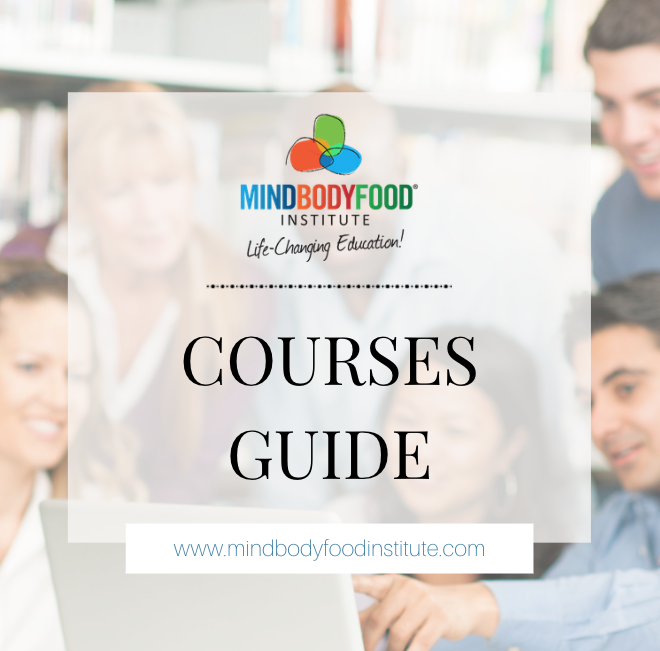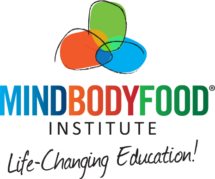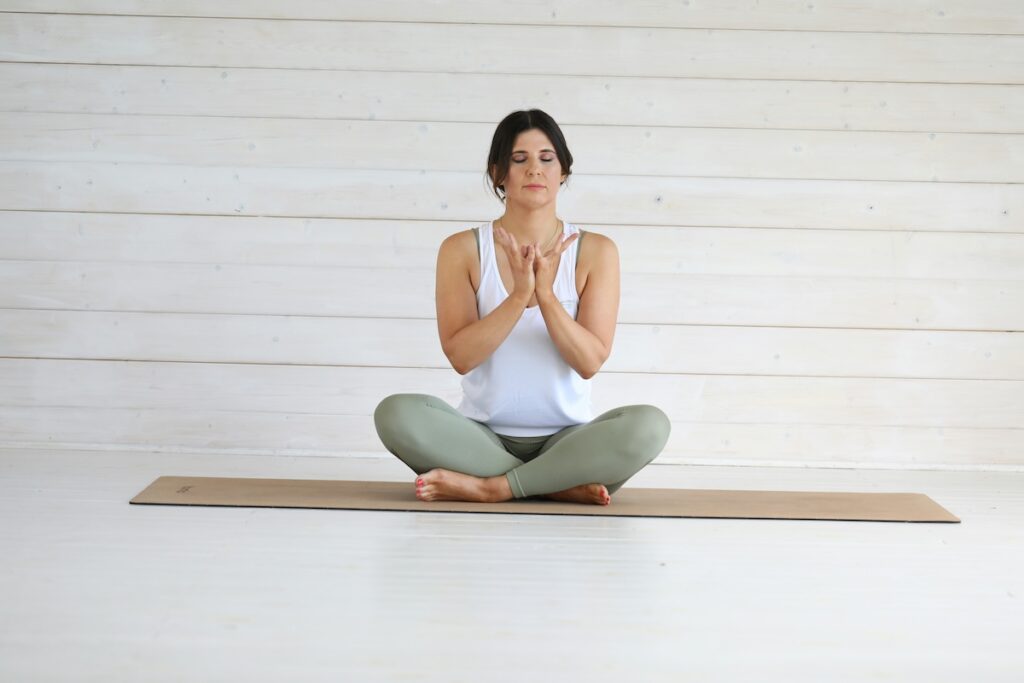First, let’s define what coaching is not. A coach (of any kind, unless otherwise qualified) is not:
- counsellor;
- consultant;
- psychologist;
- psychotherapist;
- medical doctor; or
- mental health worker.
They do not ‘fix’ a person, give advice, make judgements or assumptions, diagnose, prescribe medications, write meal plans, provide instruction where they are not qualified, or make promises they cannot keep.
A holistic life coach is certainly not a sounding board for constant complaining either. Nor are they a source of validation for a victim mentality, or a shoulder to cry on.
Certainly, there may be tears involved throughout the process of change – and that’s a form of emotional release to respect and allow. But not to the point where your skills are not being put to appropriate use in helping the client to shift out of victimhood into empowered self-responsibility; to grow and evolve.
A holistic life coach aims to help their clients reach a deeper life fulfilment and sense of personal satisfaction. This ability will be hindered if the client is not willing to be honest or to change.
Therefore, holistic life coaching can be defined as a process of training or development that assists an individual to obtain the skills and knowledge needed to achieve specific personal or professional goals.
Anything outside of the scope of assisting a client to create change for themselves, in and for their own mind and body, is not aligned with the role of a holistic life coach.
The objective of traditional life coaching has been to increase performance via powerful questioning, habit change, goal realisation, and measurable results. It zones in on a specific problem and finds methods of creating, implementing and achieving a solution, with and for the client.
The responsibility of taking this action and producing results is primarily the clients. It is an act of empowerment, guided by laser questioning and suggestions that enable your client to move from a problem to a solution.
People want help creating change for various reasons:
They’re not sure of what they want and need clarity,
They lack the knowledge or know-how to get started,
They’re struggling to create change on their own (due to challenge or self-sabotage),
They’re looking for someone to help them go beyond their own limitations,
They want to change their habits to more healthy and productive ones,
They need accountability to stick to a plan with encouragement and support.
Without effective methodologies and powerful questioning techniques, a holistic life coach cannot be an effective guide in helping a client achieve their desired outcomes.
Without the skill of observation and active listening, a holistic life coach is not effective in helping a client uncover their true blocks to achieving their goals.
There are various standard coaching models that have successful outcomes for the client in following through and improving their quality of life; that is in moving them forward and developing opportunities, as opposed to looking back at past issues that have resulted in the problems needing to be fixed.
This type of coaching doesn’t address the overall needs of a person on deeper, or even various, levels. The method is purely outcome-focused, which is all well and good, but what about the beliefs, values and unfulfilled needs that created the problem needing to be addressed in the first place? Do we simply encourage our clients to mask over these underlying issues with a twelve-week plan and sheer willpower?
The end result may not be what the client deserves, or what they could achieve long term, working from just one focus or dimension.
In practice, the most profound, deep and personally rewarding approach is a holistic life coaching model: approaches that respect the multi-faceted levels of the human condition.
Specifically, this type of holistic coaching views the person and their challenges as a small part of one large whole – their ‘whole’ entire being.
The benefit of being a holistic life coach over other helping and healthcare professions is the distinct ability to understand the mind-body connection in an illuminating way, which in turn enables us to educate each client on a deeper level of their own self-knowledge.
This ability does not mean that you do the work for your client – you cannot do the changing for them, just as no one can do it for you.
It does however mean that you are in a unique position to facilitate change by helping your client gain self-awareness, insight, clarity and confidence to create and take actionable steps towards personal fulfilment, greater happiness, and goal-achievement.
Holistic Life Coaching is truly a rewarding career path, both personally and professionally.
Choosing our Holistic Life Coach and Mind-Body Practitioner certification course will give you the tools and techniques that allow you to partner with your clients effectively.
These skills will enable you to help clients realise their inner power and potential to create change in their own lives. That accomplishment is the mark of a properly trained and confident holistic life coach!
Featured image by Christina @ wocintechchat.com on Unsplash.
Author:
Viki Thondley
Viki Thondley-Moore is an Integrative Holistic Counsellor, Brain-Based Coach, Clinical Hypnotherapist, Mind-Body Somatic Practitioner, Wellness Coach, Meditation Teacher, Educator and Disordered Eating Specialist. Viki is founder of MindBodyFood and Founder/Director of the MindBodyFood Institute.
DOWNLOAD OUR COURSES GUIDE
Learn More About Our Course Offerings and Discover Which New Wellbeing Career Best Suits Your Passion!








